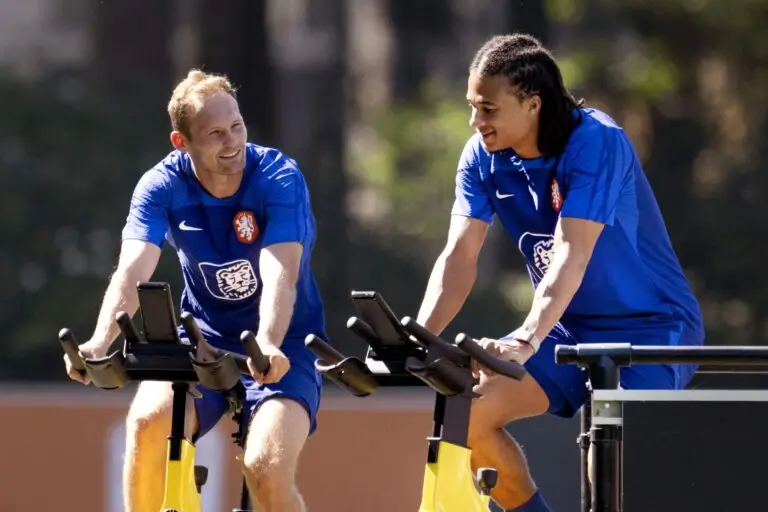Rodri’s blunt confession after Manchester City’s historic Treble-winning season spoke volumes: “To be honest, I never get enough rest.” His statement comes as no surprise, given that the midfield powerhouse played an astonishing 56 matches throughout the campaign—more than any of his City teammates. This number excludes his duties with the Spanish national team, further illustrating his relentless schedule.
At 27, Rodri was in his prime, an age when players are expected to peak. The following season, he racked up 50 appearances for City before helping Spain clinch victory at Euro 2024. Remarkably, he played nearly every minute of the tournament, only to be sidelined by a hamstring injury at halftime during the final against England. Since then, Rodri hasn’t featured in a competitive match for City, as he’s been given extra time to recover.
While Rodri’s injury offered him a rare break, the bigger picture highlights an issue that has been simmering for years—the ever-expanding football calendar. With UEFA and FIFA continually adding more teams and stages to their tournaments, the workload on players has become unsustainable.
In 2016, the European Championships increased their format to 24 teams, introducing a round of 16. This expansion triggered a domino effect across football’s major tournaments. FIFA followed suit by approving a 48-team World Cup for 2026, and UEFA unveiled plans for a bloated Champions League and Europa League. FIFA also expanded the Club World Cup from 7 to 32 teams, and even the Nations League now includes a quarter-final stage for top-tier teams.
The pressure of these ever-increasing schedules is beginning to show. Clubs like Manchester City are feeling the strain, with the League Cup forced to adapt to accommodate UEFA’s changes. Teams competing in the Champions League and Europa League will no longer face each other in the third round, with the ties spread over two midweeks. Yet, this hasn’t prevented the inevitable fixture congestion. City is set to face a grueling 49-hour turnaround between a Premier League clash with Arsenal and a League Cup match against Watford on September 22.
Pep Guardiola has been vocal about the intensity of the schedule. Last season, he warned that unless players take a stand, no change will occur. “There isn’t going to be change—there is only one solution: if the players decide for themselves,” Guardiola remarked in September. “To say to the organizations ‘stop,’ you have to change something. After the statements, maybe FIFA and UEFA react.”
Several City stars have echoed Guardiola’s concerns. Rodri and Kevin De Bruyne have both spoken out about the punishing calendar, and now, Bernardo Silva has added his voice to the growing chorus of discontent. Reflecting on City’s upcoming fixtures, Silva described the situation as “absolutely absurd.”
“There are two completely different issues here,” Silva explained. “When the players complain, people say that we can’t complain because we’re living our dream. And they’re right, we are. But on the other hand, the schedule is crazy. We play Arsenal, rest for one day, and then we’re expected to play Watford. If we keep progressing in all competitions, we’ll be playing every three days for months. It’s madness.”

Silva also pointed out that even in the Champions League, failing to advance doesn’t grant teams relief. “If you don’t qualify for the round of 16, you still have to play two more games,” he noted. “The squads may be bigger, but the grind is far from easy. I barely see my family or friends. The sheer number of matches we’re subjected to is ridiculous.”
The risk of player burnout is real, and Silva’s sentiments are shared by many at the top of the sport. A recent promotional video for UEFA’s new Champions League format, featuring Zlatan Ibrahimovic tossing a fake script while proclaiming “Give them what they want—more football,” likely left most elite players grimacing.
While football’s governing bodies continue to push for more games and expanded formats, it’s clear that many players are growing weary. Behind the scenes, few seem to be “singing from the same hymn sheet” as FIFA and UEFA. As fixture congestion intensifies, the growing calls for change from players and managers alike are impossible to ignore.



